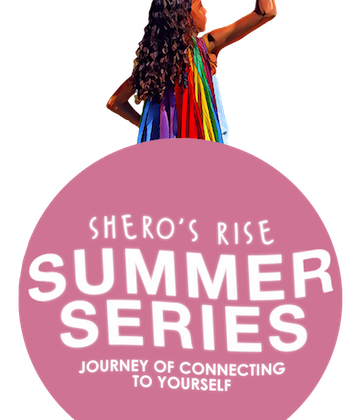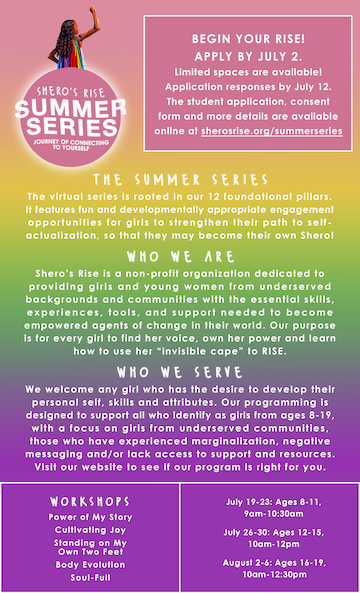Re-sharing a post from Josh Rabinovich of Warp Drive Tutors (check them out for all of your STEM tutoring needs!) on how to approach summer internships while in high school. Although we don’t really know what summer 2021 will look like yet, now is the time for sophomores, juniors, and even graduating seniors to start planning. Many students seek to gain lab experience. Thank you for these insights, Josh!
—
First, if you have not started looking and the end of the school year is rapidly approaching, you needn’t fear that all of the potentially good internships are taken by now. They are not. In fact, you will find a plethora of availability providing you know where to look and you have something tangible to offer the lab you approach. But to begin, you need to have an understanding of what will be expected of you and what you should expect from an internship.
Of course, the first question is, will you get paid? And the answer is no, not if you want to get something valuable from your experience. Labs are usually run on shoestring budgets, determined by grant funding, and it is tough out there in grant land. So any money that goes out will only go out to that which proves immediately valuable to the lab, and as you have no understanding of DNA ligation and cloning methodologies (though you will by the time your summer is up) you have, sorry to put it this way, no immediate value to the lab. If you do wind up getting paid, it is because they assign you something nobody else wants to do, like cleaning up and organizing the cold room. Do you want to spend your summer cleaning up the cold room? Bleh.
So now that we have discussed what they will expect from you, let’s look at what you should expect from your internship. If all goes well, you will emerge with two very valuable assets, and these are a) actual lab experience, which will help if you want to work in a lab in college, not to mention help you decide if you want to pursue science, and b) a letter of recommendation. When I say actual lab experience, understand that after a very short amount of time you will be given your own project, which you will be expected to work on independently and keep detailed notes about. What you will not do is “shadow” someone, at least not for very long. Shadowing someone is not helping them, it is just being a pain! So you will be shown some basics, and then given some legit work the lab needs to have done. And if you are working in a molecular lab, you should expect that your work will include handling DNA, and using recombinant DNA protocols. In fact, you might want to make sure these are things you will do in advance.
None of this, of course, is meant to scare you off, just to tell you what you are looking at. So how do you get an internship? Look at the university’s website for the graduate department in whatever discipline interests you, ie cell biology, laser physics, etc and then look at the different labs and see which might appeal to you. Email the director of that lab and say you are a high school student and would like to volunteer over the summer (you may have to send this more than once). Also, you will need to have taken an AP course in the general field that the lab is involved in, so if you want to get some cloning in, you will want to have taken AP Biology. You may also want to consider that some labs will expect you to put in some pretty hefty hours. Not all, but some definitely will.
Lastly, when do you ask for the letter of recommendation? The answer is, as soon as you have left the lab. Remember, the most important thing a letter reader wants to see in a letter of rec is how well the letter writer knows the person about whom he/she is writing. So if you wait until 3 months later, the person writing the letter will have forgotten almost everything about you and your letter will read “Jane worked in the lab and everyone liked her. She accomplished a lot”. This won’t help you. Try and get the letter as soon as possible after you leave, when the person you worked with will have a clear memory of what you did, and what your success and failures were.
*Stay in the know! Subscribe*










